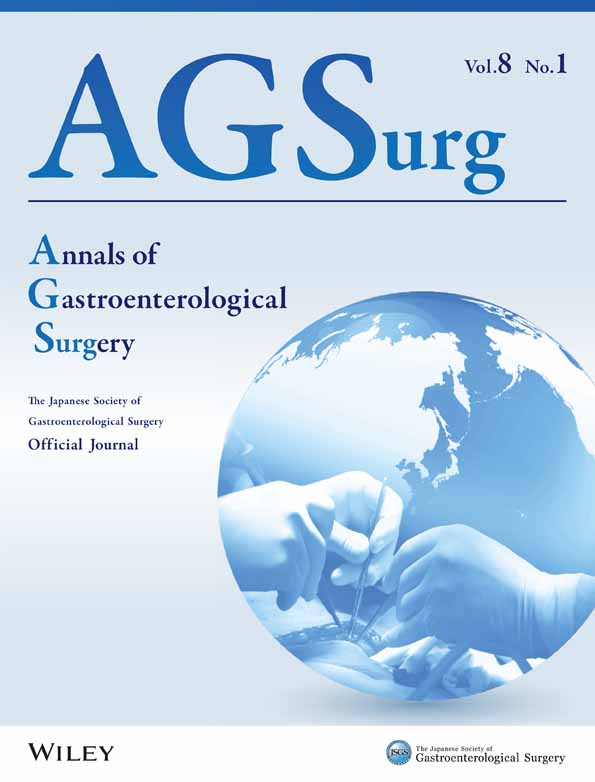A novel combined C-reactive protein-albumin ratio and modified albumin-bilirubin score can predict long-term outcomes in patients with hepatocellular carcinoma after hepatic resection
Abstract
Background
Systemic inflammatory response represented by C-reactive protein and albumin ratio (CAR) and modified albumin-bilirubin (mALBI) grade both have been associated with long-term outcome in patients with hepatocellular carcinoma (HCC). In this study, we investigated the prognostic utility of combined score of CAR and mALBI score to predict the prognosis of HCC patients after hepatic resection.
Methods
This study included 214 patients who had undergone primary hepatic resection for HCC between 2008 and 2018. Systemic inflammatory response and mALBI were evaluated preoperatively and patients were classified into three groups based on the combination of CAR and mALBI score: low CAR and low mALBI grade (score 0), either high CAR or high mALBI grade (score 1), and both high CAR and high mALBI grade ≥2b (score 2). Multivariate Cox proportional hazard models were conducted to assess disease-free and overall survival.
Results
In multivariate analysis, sex (p < 0.01), HBsAg positivity (p < 0.01), serum AFP level ≥20 ng/mL (p < 0.01), microvascular invasion (p = 0.02), multiple tumors (p < 0.01), type of resection (p < 0.01), and CAR-mALBI score ≥2 (HR 2.19, 95% CI 1.39–3.44, p < 0.01) were independent prognostic factors of disease-free survival, while sex (p = 0.01), HBsAg positivity (p < 0.01), poor tumor differentiation (p = 0.03), multiple tumors (p < 0.01), CAR-mALBI score ≥2 (HR 2.70, 95% CI 1.51–4.83, p < 0.01) were independent prognostic factors of overall survival.
Conclusions
CAR-mALBI score is associated with disease-free and overall survival in patients with HCC after hepatic resection, suggesting the importance of evaluating both hepatic functional reserve and host-inflammatory state in the risk assessment of HCC patients.
CONFLICT OF INTEREST STATEMENT
The authors declare that they have no conflicts of interest.




